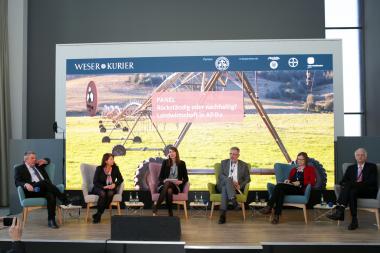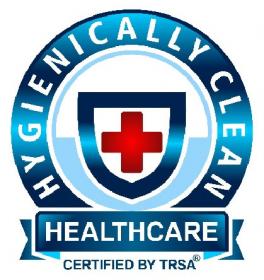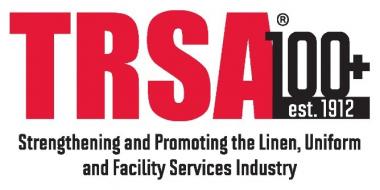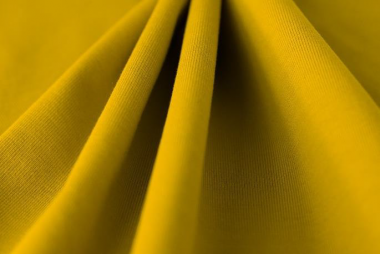VDMA starts technology webtalks for the textile industry
On June 22, the VDMA starts a series of Textile Machinery Webtalks. In the first edition experts from the companies Oerlikon Manmade Fibers, Mahlo and Nanoval will present technologies for the production of melt-blown nonwovens for respiratory protection masks (FFP masks and surgical masks). After the presentations, the experts will be available to answer the participants' questions. The webtalk will run from 2 – 4 pm (German time). Participation is free of charge. Interested persons can register here.
Further technology webtalks on other topics are in preparation. Please check
www.machines-for-textiles.com/webtalk for updates.
VDMA
VDMA
Textile Machinery






























